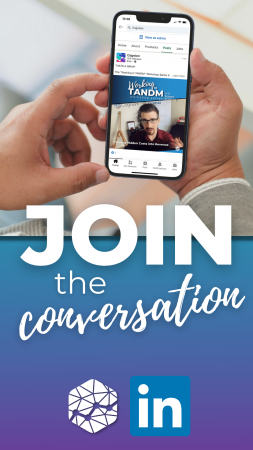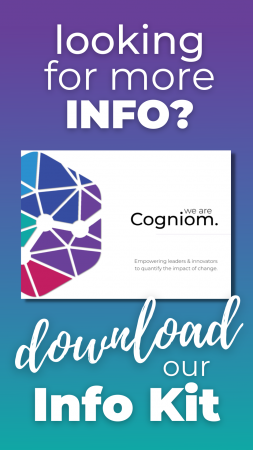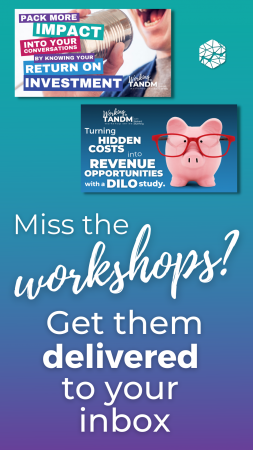You don’t need to be an Entrepreneur to have an Entrepreneur mindset…
I think it’s pretty safe to say most of us walked into 2020 hopeful for a better year. We were encouraged by our personal survival stories of making it through 2019 and excited by the wonderous opportunities the new year would bring.
Apparently 2020 didn’t get that memo.
So while we’re looking for our 2020 refund, and apologising profusely to 2019, we are left with the tatters of our expectations we held for the year ahead. We’ve been blind sighted by the events of the first few months of our new decade, some suffering worse than others, and while this may be some bizarre flex of authority of whatever greater power you believe in, it doesn’t mean we don’t have our own power to recover and come through stronger on the other side.
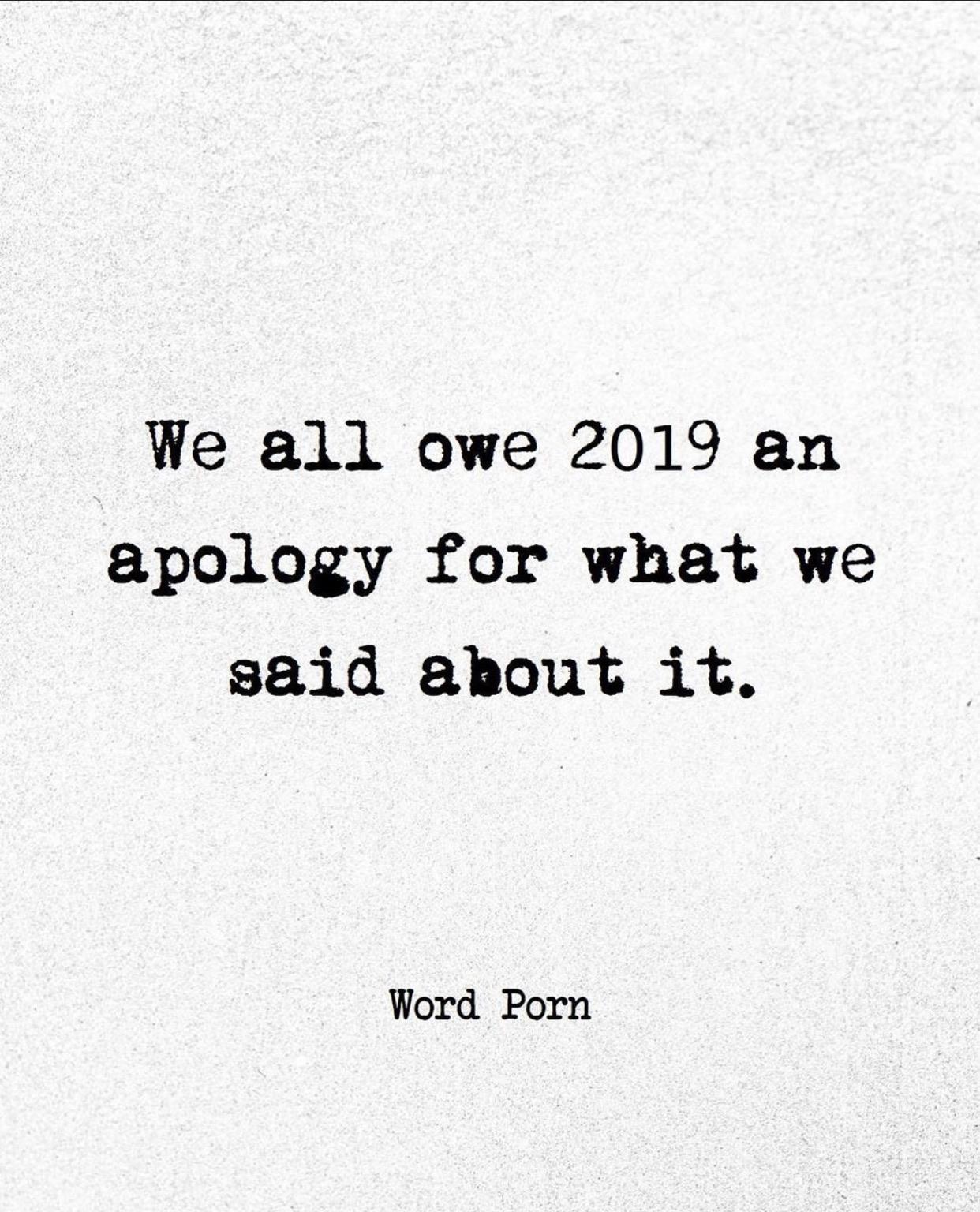

Change is fundamentally difficult to deal with. We find comfort in the familiar and fear the unknown but too often we forget that what is now familiar for us was once someone else’s change.
Generations before us have faced life altering changes too; world wars, the great depression and even their own health pandemics, and it was their resilience and strength to overcome their fears and embrace the change that a new world brings that allow us to sit here today.
So, as we emerge from the COVID-19 storm where do we even begin to rebuild?
We often think of the “entrepreneur mindset” as something reserved only for those crazy enough to start their own business. In reality, it’s a way of thinking we can all embrace and will ultimately be key to adapting to our new look post pandemic world.
There are plenty of great articles that talk about this mindset from forbes.com, hacktheentrepreneur.com and entrepreneur.com to name only a few. While there are plenty of factors that can be contributed to the entrepreneurial mindset, they all boil down to these main aspects:
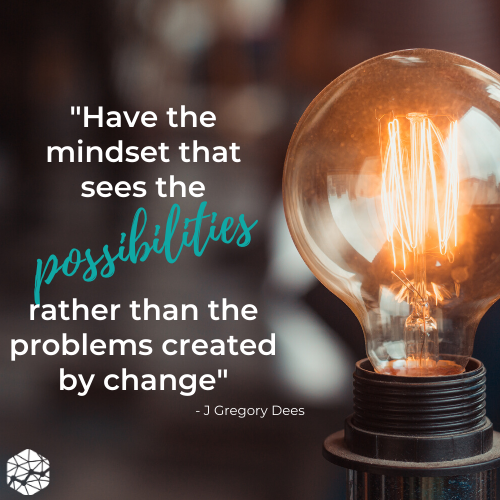

FOCUS
Be constructive with your time, clear on your goals and don’t let the naysayers deter you. What do you want to achieve? Understanding the true problem you’re facing and the goals you need to set to solve it will go along way to helping you focus on how to forge ahead.

OPPORTUNITY
Don’t be swayed by old habits or the perception of ‘normal’. Be innovative, have conversations, identify possibilities, research and learn, try new things and don’t be afraid to fail. Opportunity is often at our fingertips and can lead us to greater things that we originally imagined. With opportunity comes possibility and where the magic for achievement lays.

AGILITY
Don’t tie yourself to one solution, one pathway or option. Too often we become to bogged down by our own expectations. As we enter uncharted territory, our favourite #startuplife quote from Waze co-founder, Uri Levine has never been more crucial: “Fall in love with the problem not the solution, and the rest will follow.” The ability to be flexible and adjust to the environment and the subsequent influences surrounding it becomes crucial to making positive strives forward to achieving your goals.

COURAGE
Feel the fear and do it anyway. Stepping outside the box is never easy, neither is forging a new path forward, but in a world where everything is now different, we can’t hold ourselves back by old perceptions.
Truth is, we don’t need to cash in those 2020 refunds. The road to recovery from this pandemic is undoubtedly going to be long and we’d be fools to think it will be a smooth one.
What we can rely on though is our collective ability to support one another, embrace a new way of thinking and approach situations with our new entrepreneurial mindsets.
Recovery and rebuilding isn’t just about what’s good for today but also preparing for a brighter future for generations to come.
Whether we’re a new business trying to survive, a big corporate trying to adapt, government writing new policy or a family trying to readjust, we’ve all got the power within us to make the second half of this year a positive one.

COVID-19 RECOVERY AND FUTURE PROOFING
The Cogniom team have joined the COVID-19 recovery and rebuild journey working with healthcare facilities and business as we start to emerge from lockdown measures.
Projects such as:
- Examining current processes to identify areas for improvement
- Understanding current pressures for staff tasks and ratios
- Facilitating change management solutions
- Validating start up market approaches
- Calculating return on investment metrics
If you are looking to build your own recovery and rebuild projects, reach out to the team to arrange a virtual coffee.


